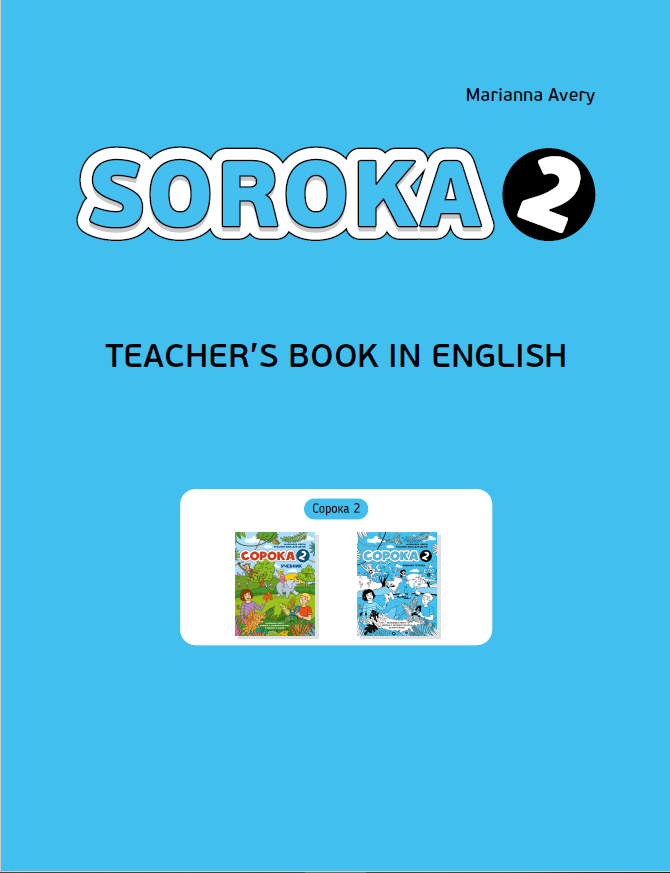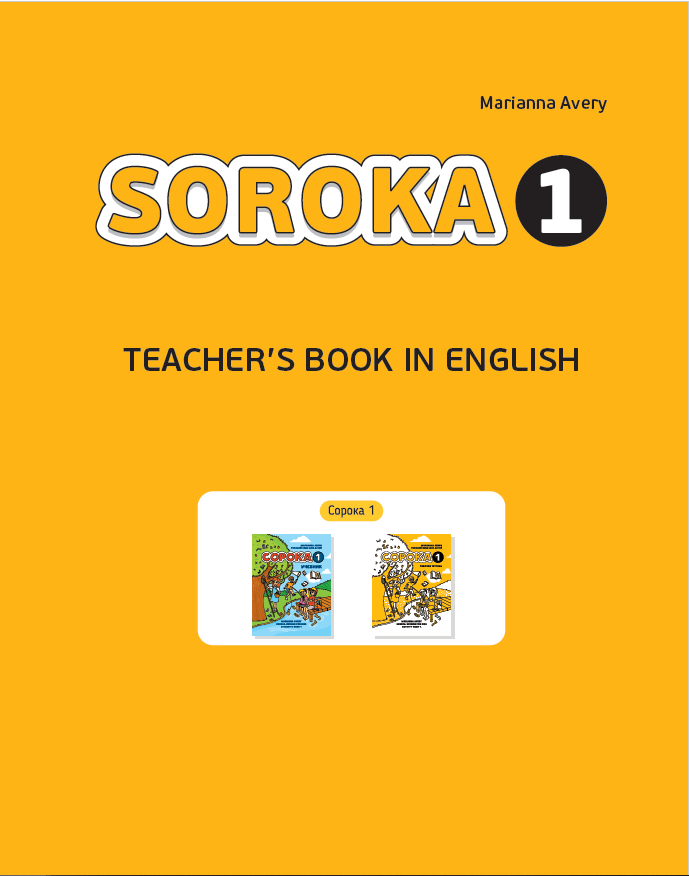There are a lot of good Russian textbooks for children on the market. How can you choose the one that is right for you and your students?
I can already hear the exclamation: Well, since she is an author, she will now start promoting her textbooks! But I won’t start; later I’ll explain why. And now back to the topic. In the first part, I will tell you about selection criteria, how I personally would choose a Russian textbook, what questions I would ask during the selection. In the second part, so be it — we will talk a little about my books, and decide for yourself whether the textbook Soroka is suitable for you, or you need to look for something else. But first, how to choose a textbook.
Continue reading “How to choose a textbook of Russian for children: 12 questions”



